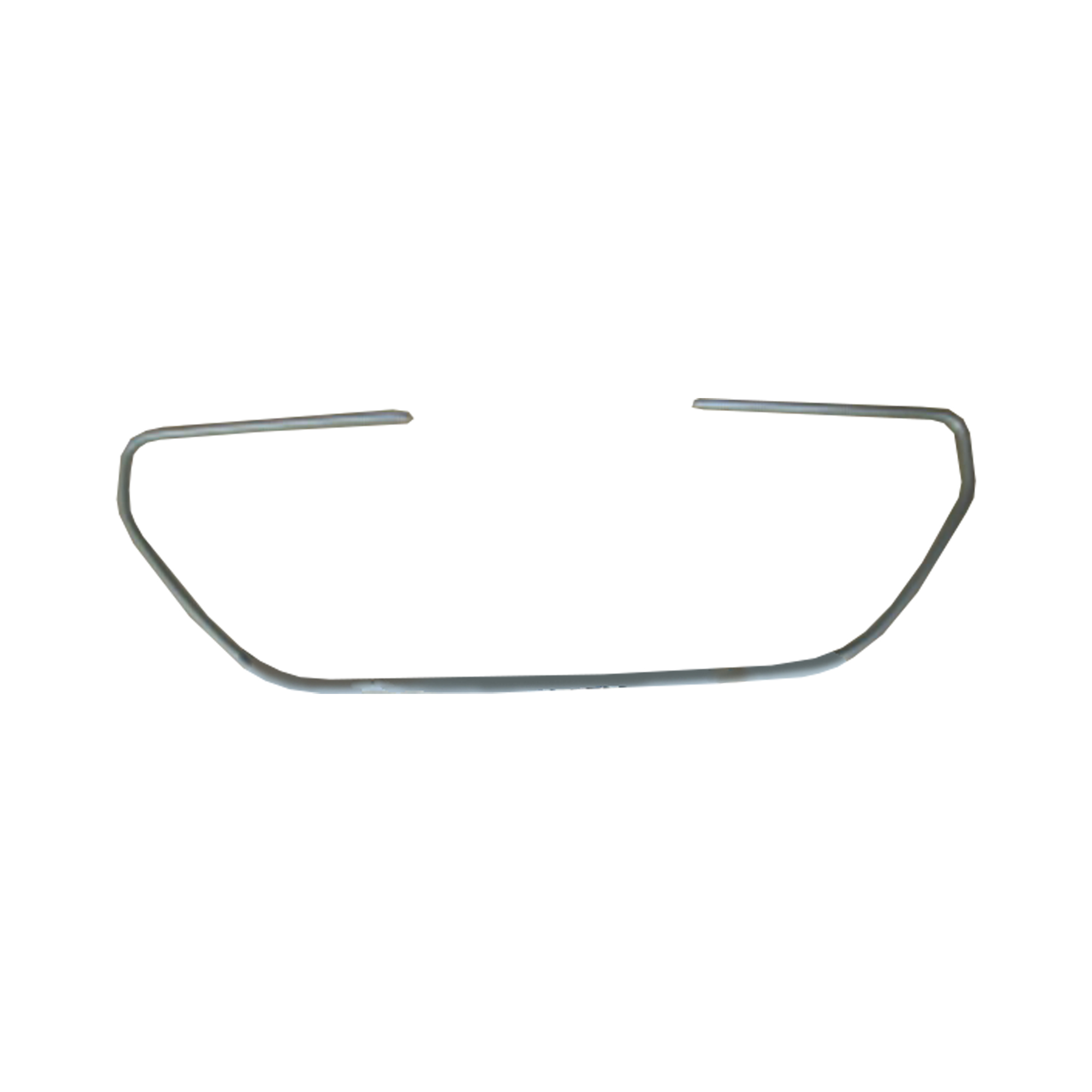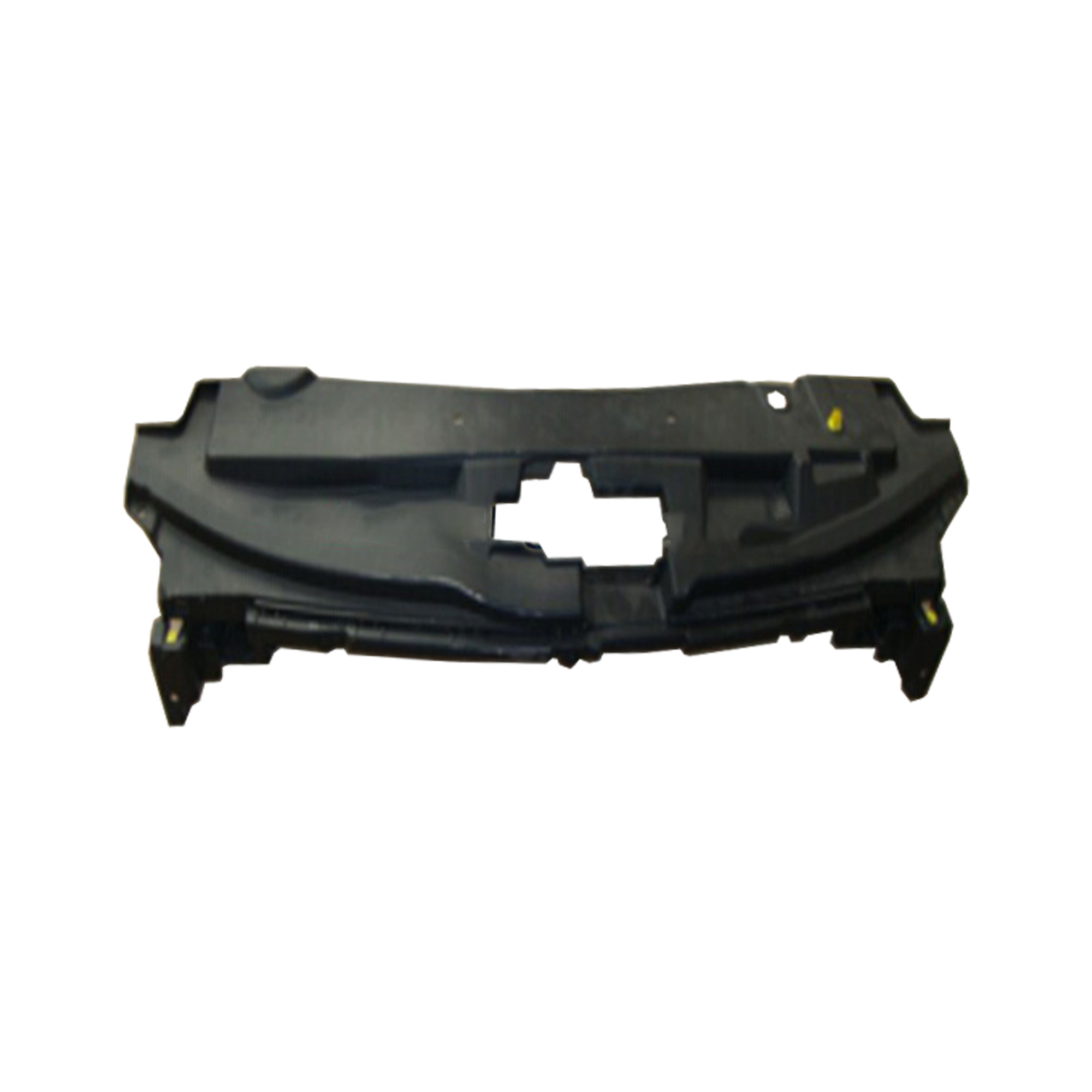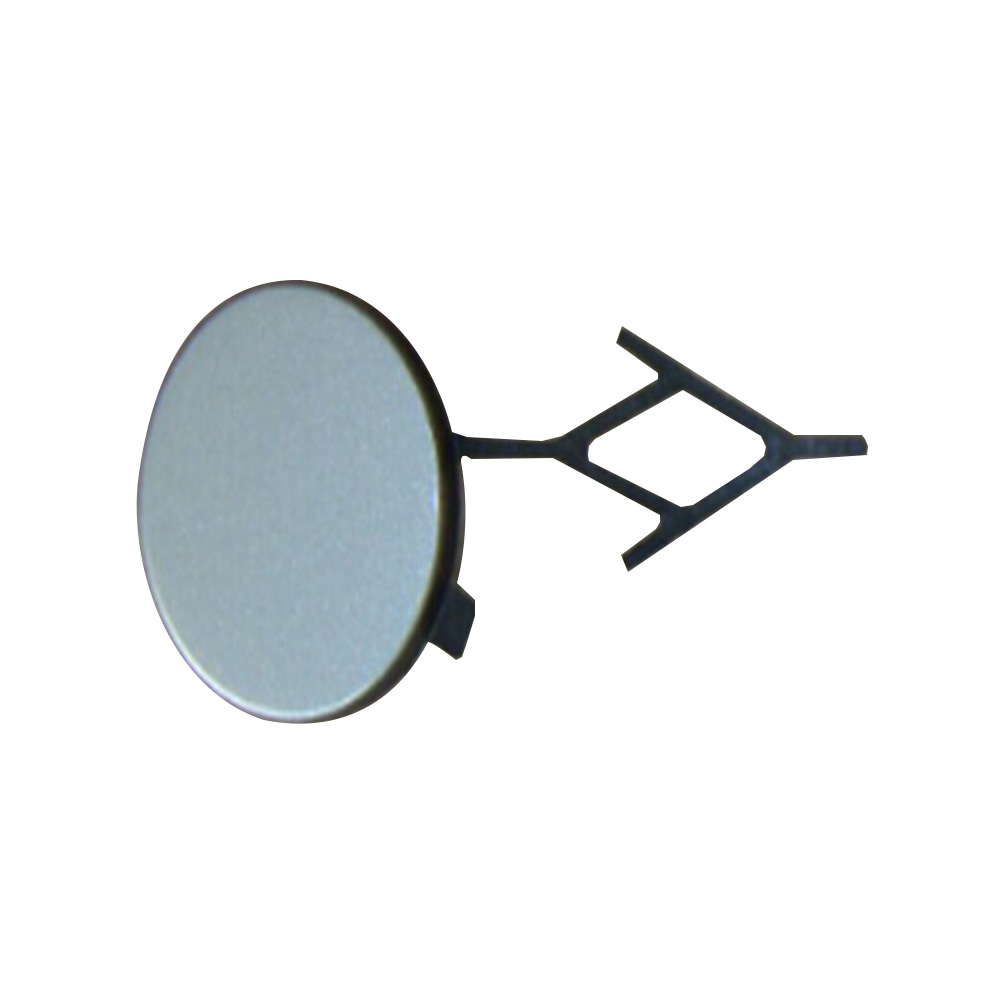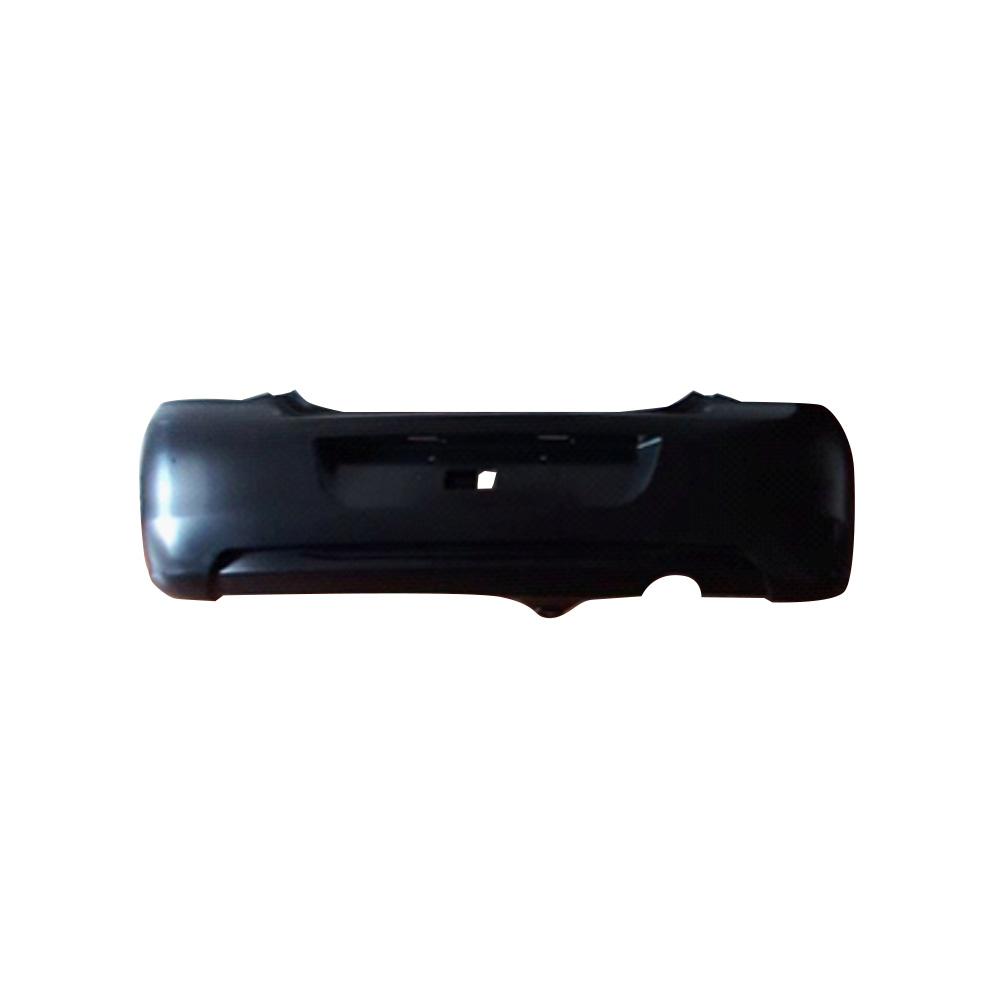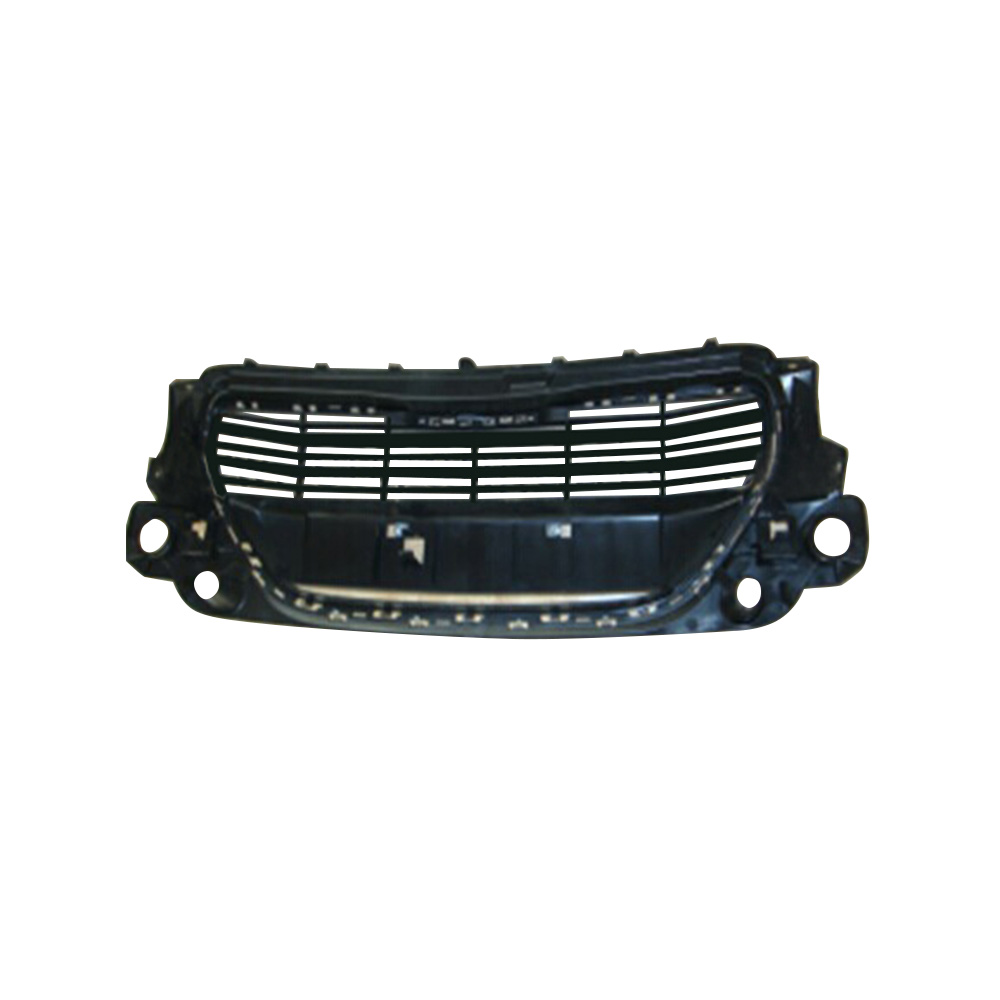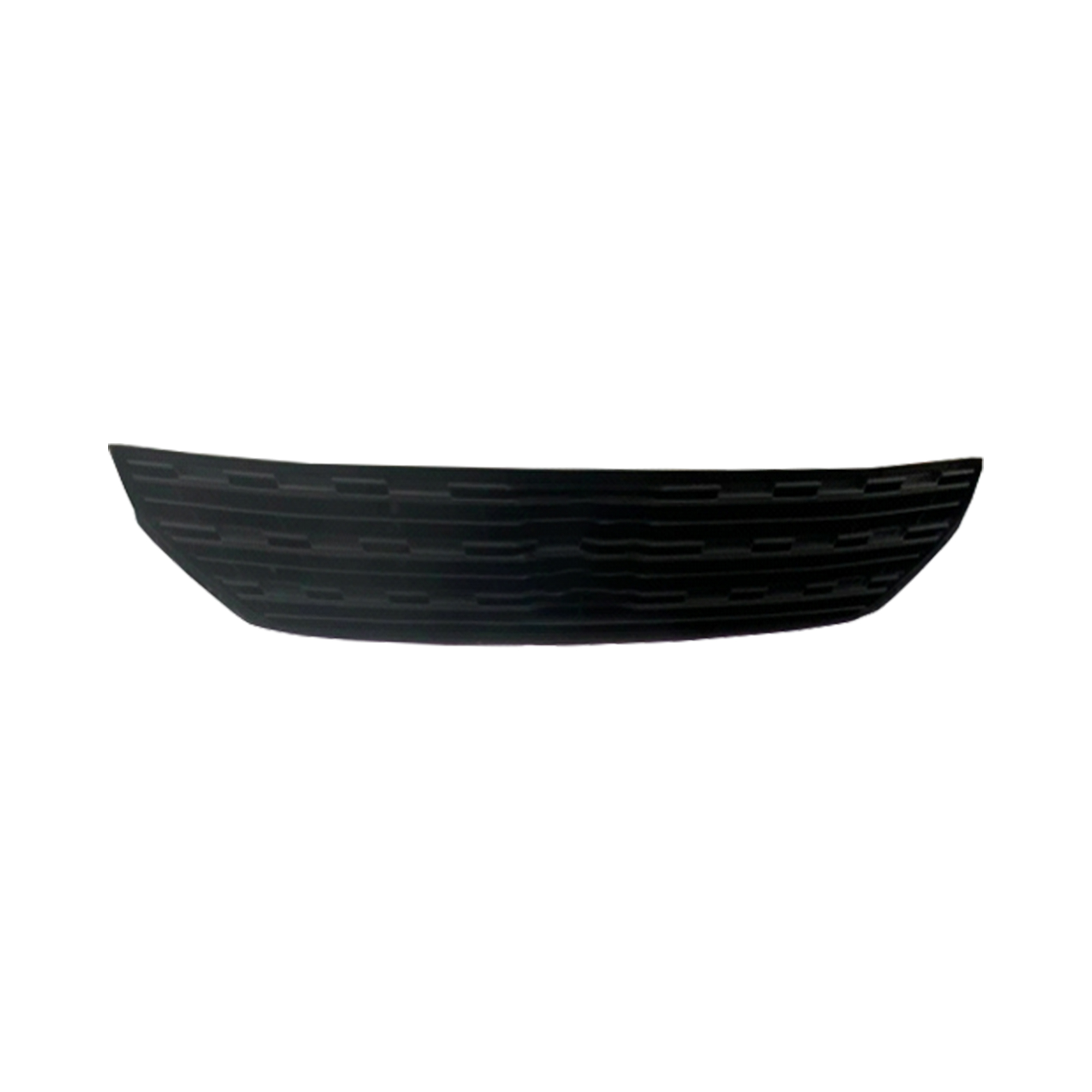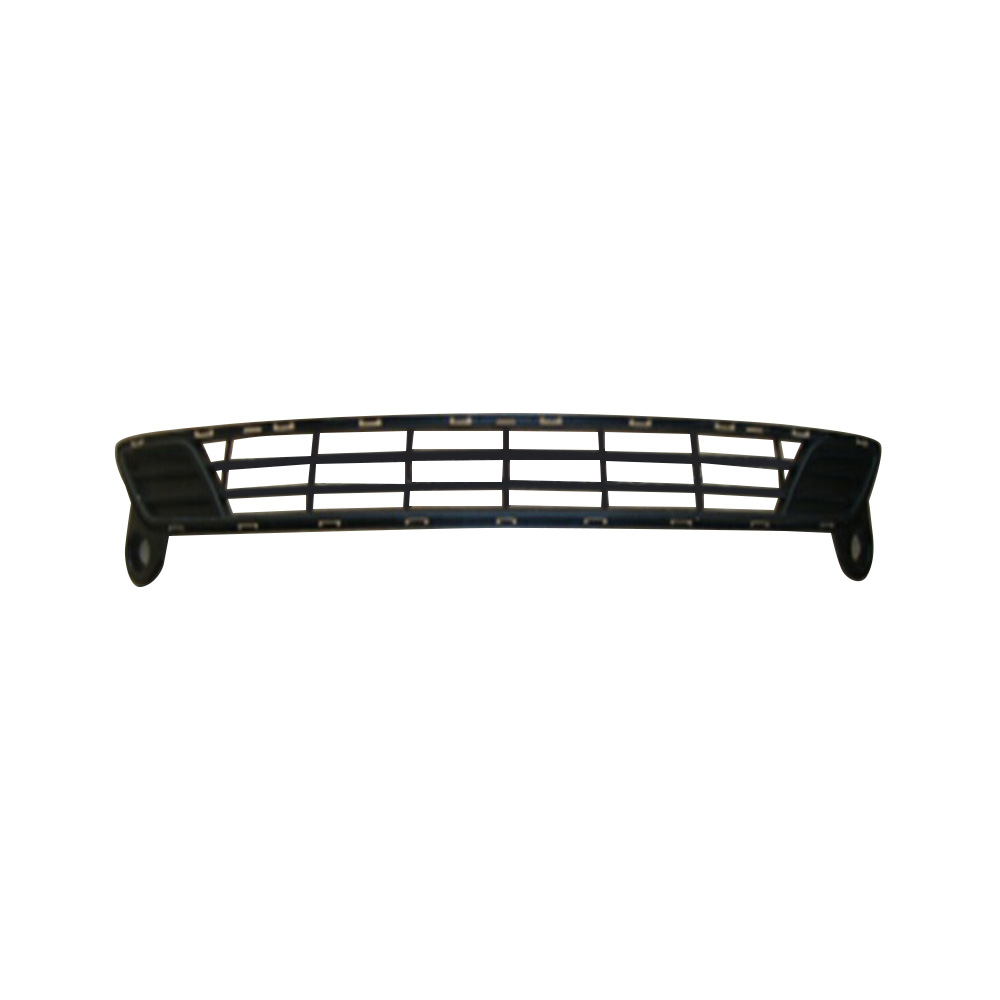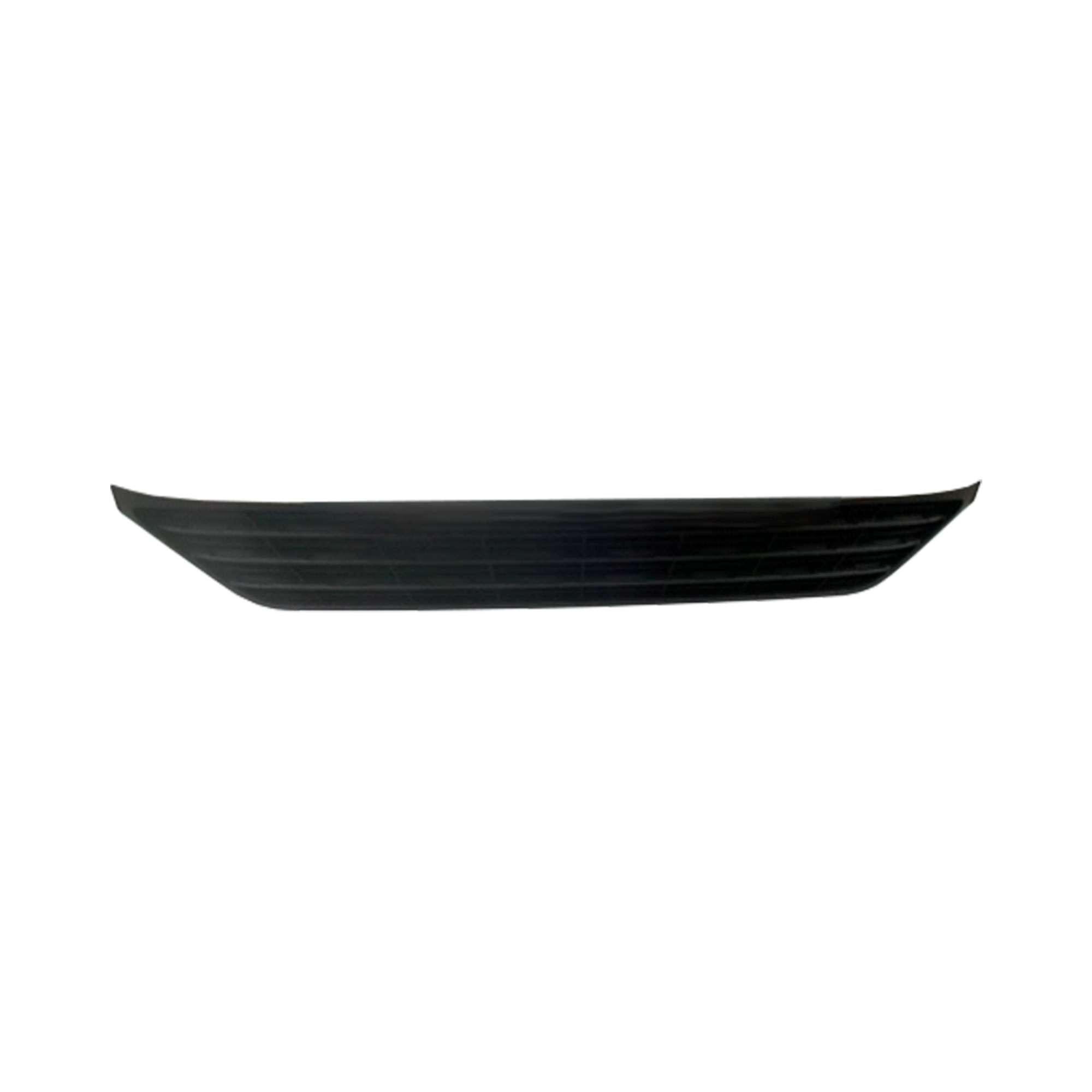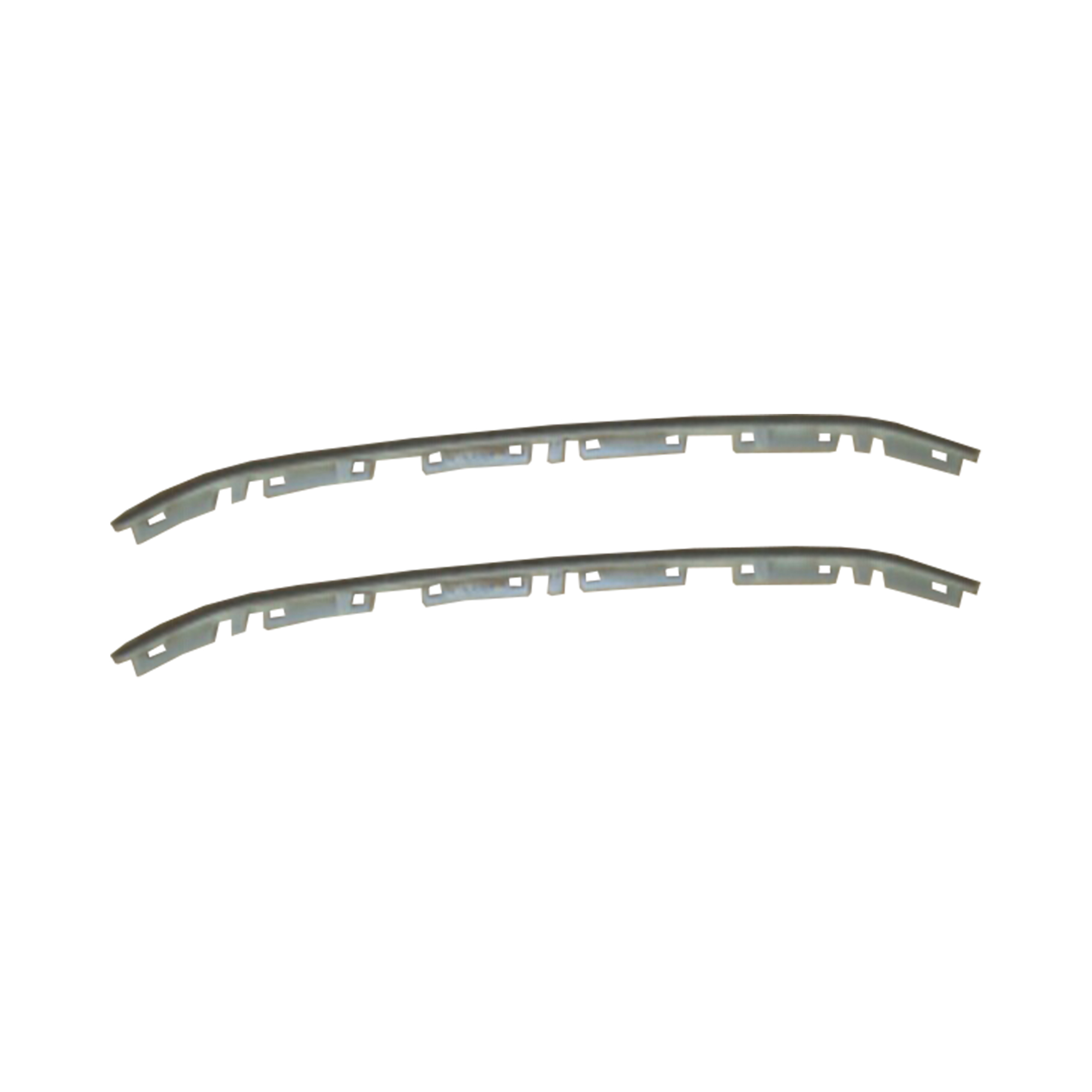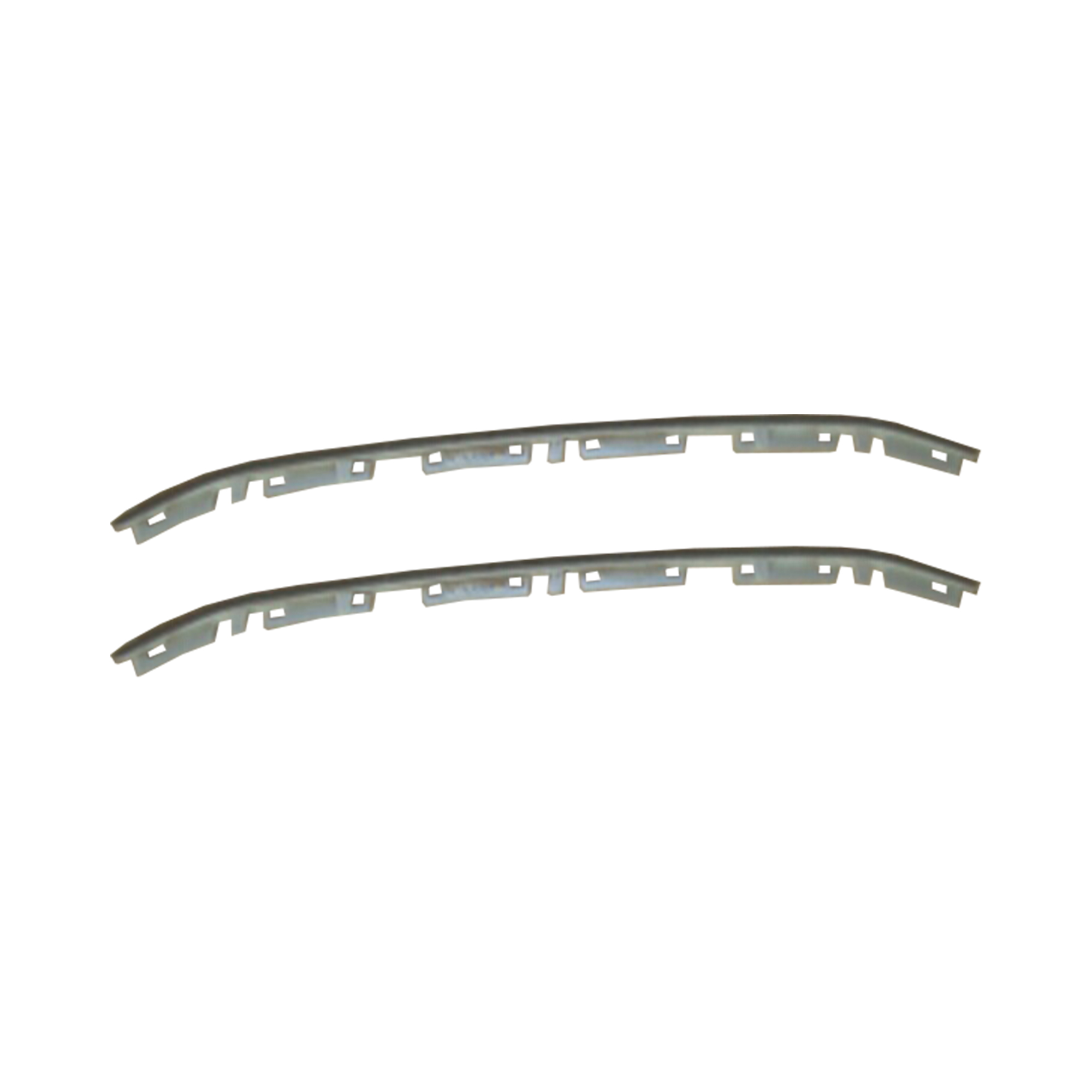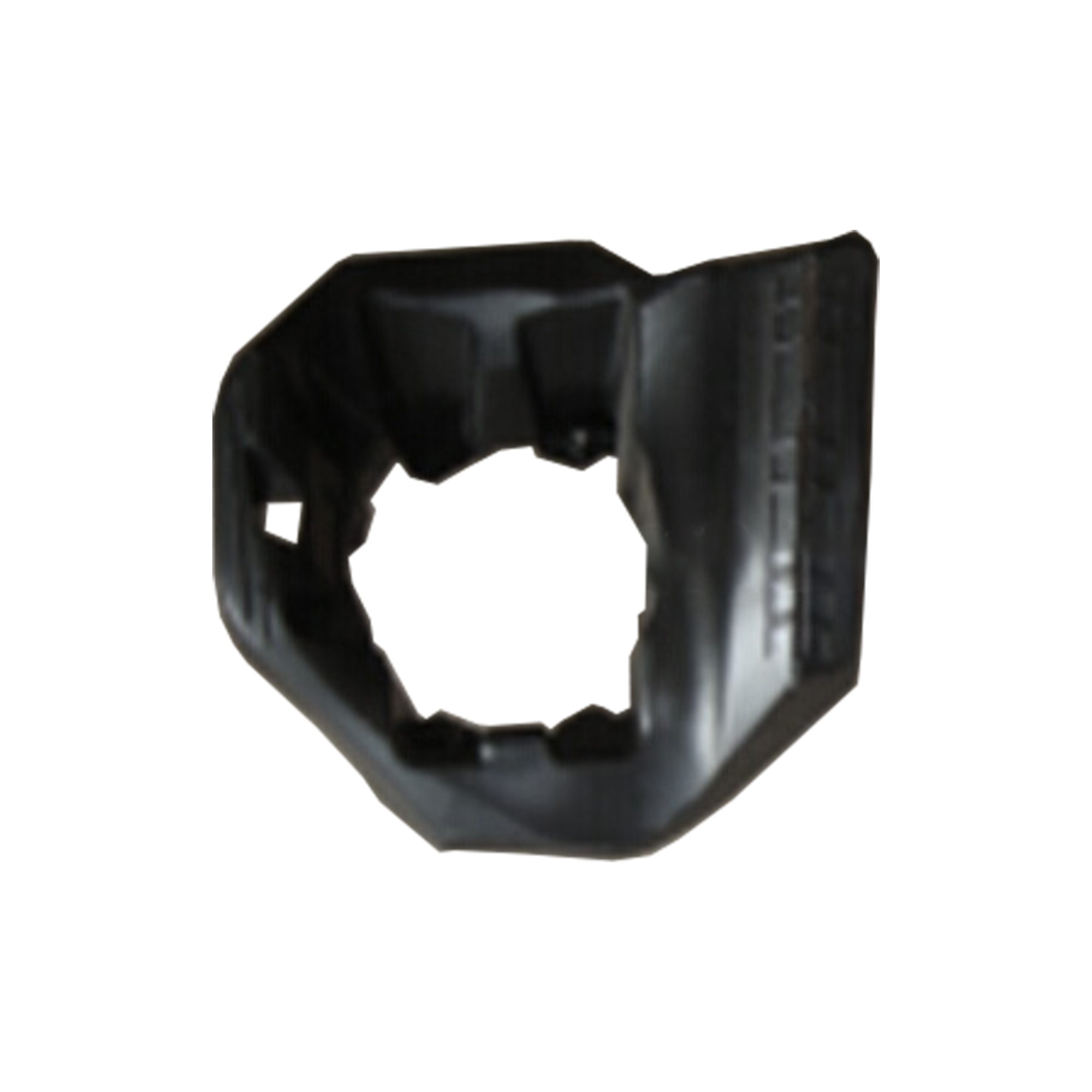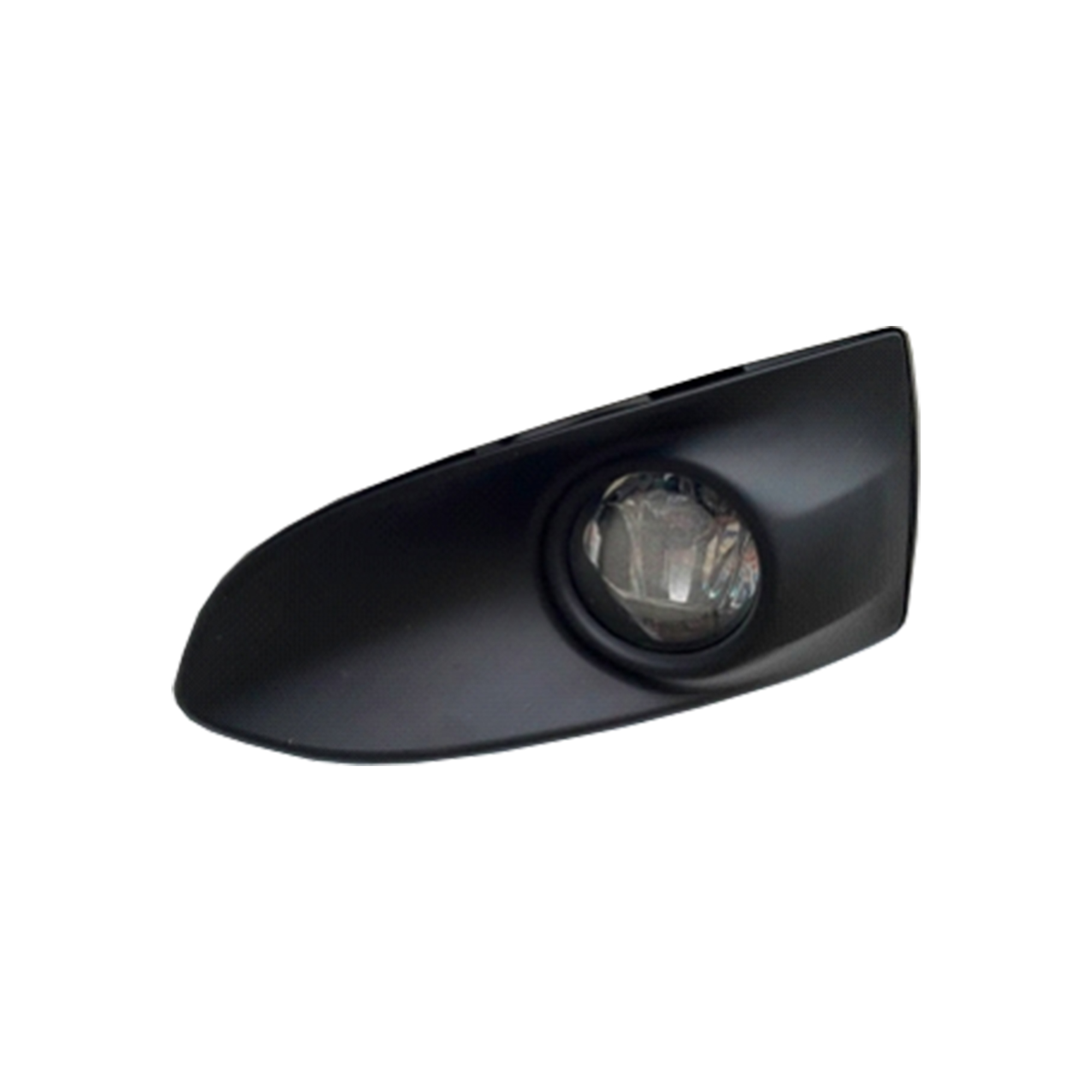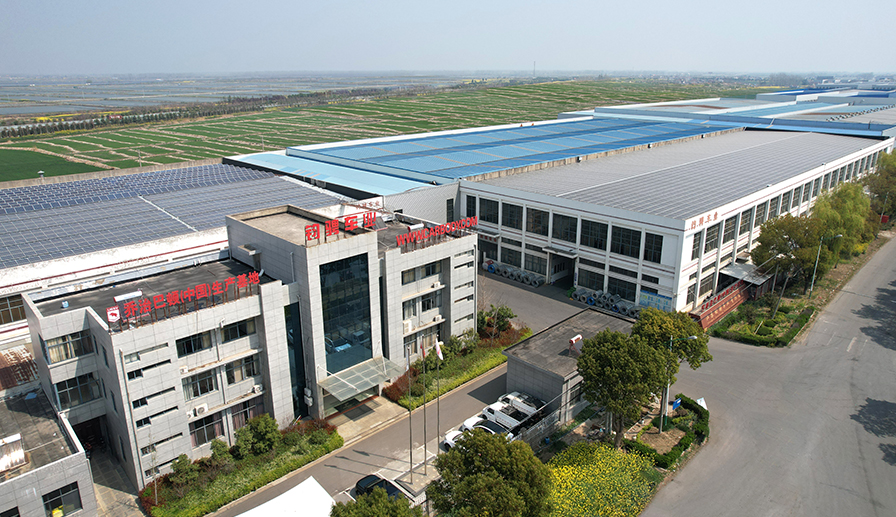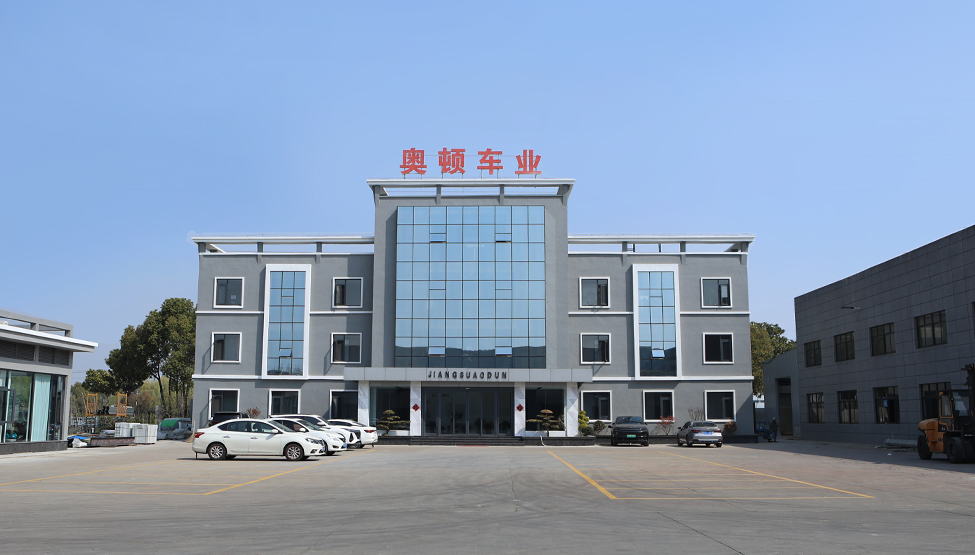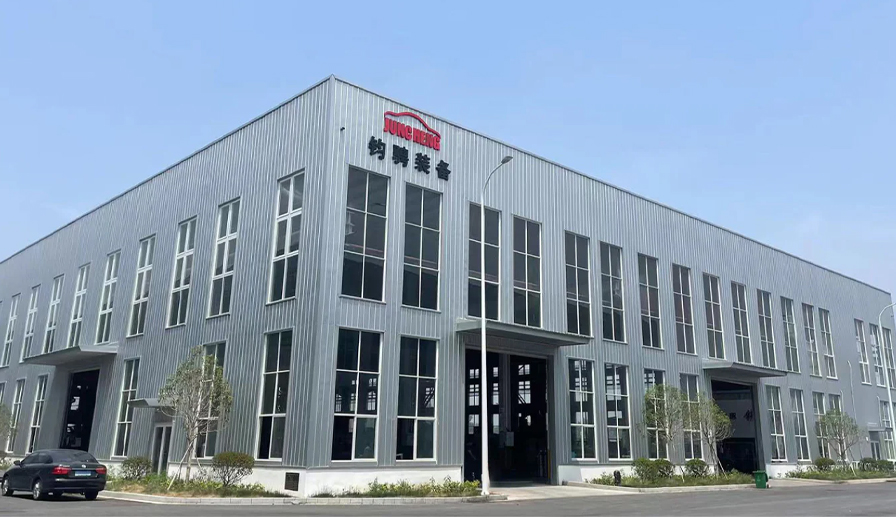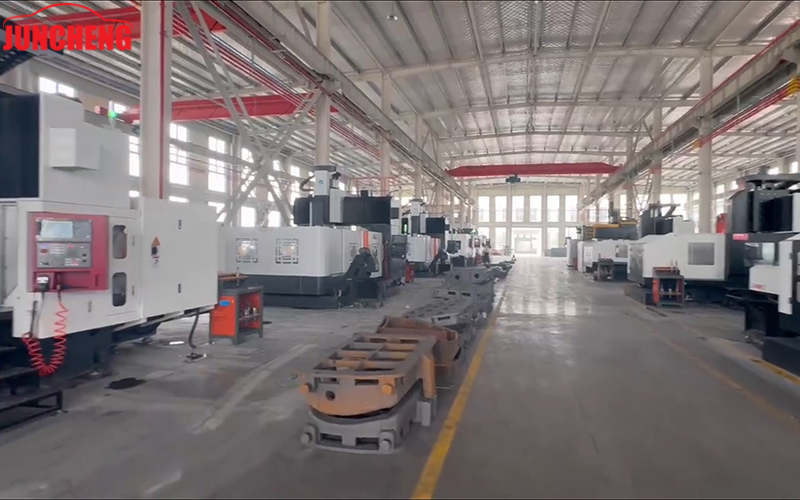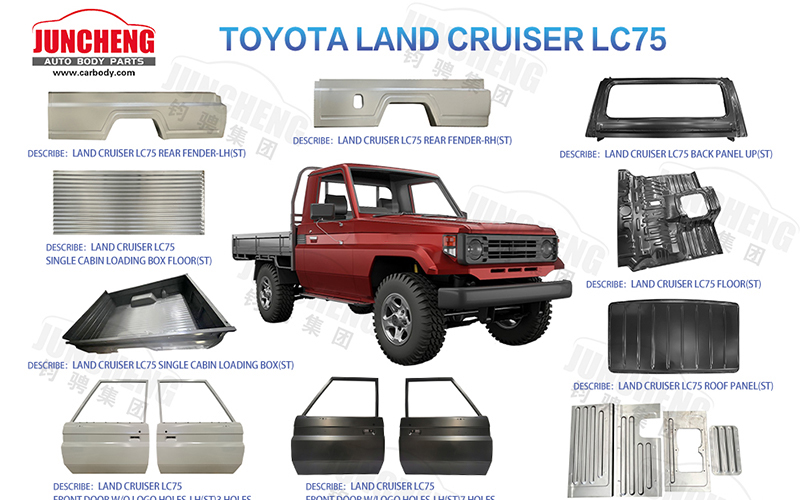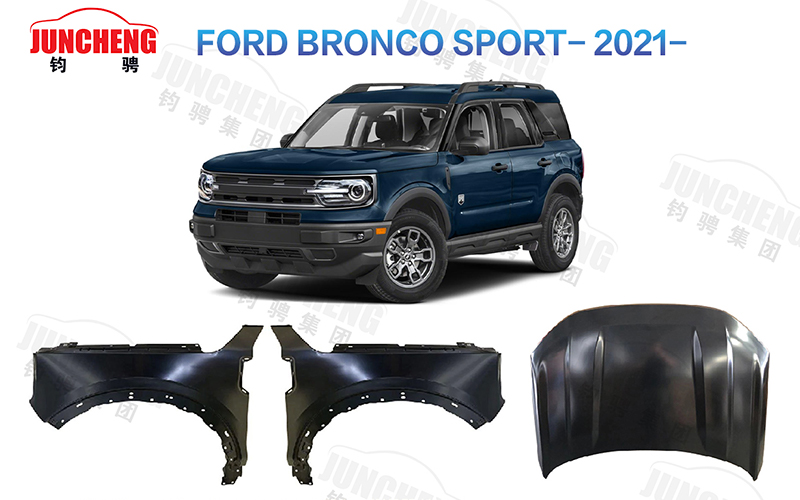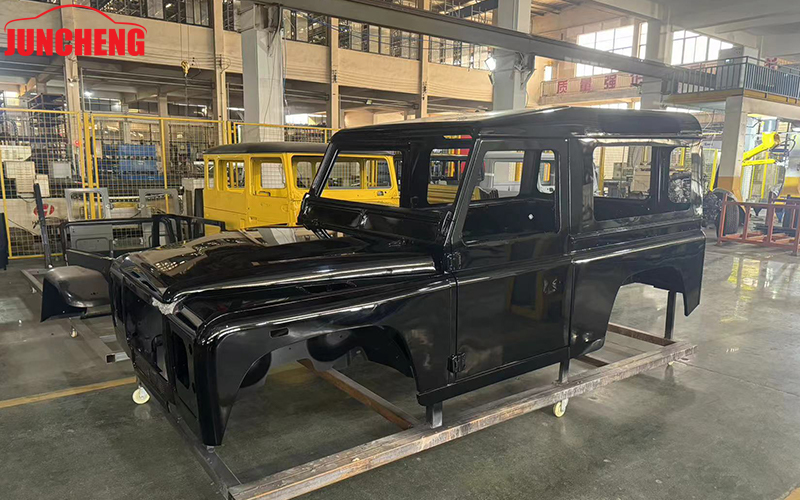What materials are commonly used in Peugeot automotive sheet metal parts? How are the corrosion resistance and durability of these materials ensured?
In the production of Peugeot Parts, the following common materials are typically used:
High-Strength Steel (HSS): High-strength steel is widely used in Peugeot's sheet metal parts, especially in critical components such as body structure, doors, and chassis. Due to its excellent impact resistance and strength, high-strength steel plays a crucial role in ensuring vehicle safety. To improve corrosion resistance, Peugeot typically applies surface treatments to these steels, such as hot-dip galvanizing or applying anti-rust coatings.
Galvanized Steel: To further enhance the corrosion resistance of sheet metal parts, Peugeot uses galvanized steel in some areas (especially exposed body parts). The zinc coating on galvanized steel effectively prevents rusting and extends the service life of the sheet metal parts.
Aluminum Alloys: Due to their lightweight advantages, aluminum alloys are increasingly becoming an important material in some of Peugeot's high-end and hybrid models. Aluminum alloys are not only lightweight but also possess excellent corrosion resistance. In particular, aluminum alloy body parts, after anodizing, form a protective film that further enhances corrosion resistance.
Stainless Steel: For certain components requiring high temperature and high corrosion resistance (such as exhaust systems and chassis), Peugeot uses stainless steel. The main advantages of stainless steel are its extremely strong corrosion resistance and good mechanical properties, making it suitable for body parts that need to withstand the long-term effects of external environments.
To ensure the corrosion resistance and durability of these sheet metal parts, Peugeot employs several measures:
Surface Coatings and Protective Layers: By using galvanizing, coating, or painting techniques, Peugeot effectively provides additional protection for sheet metal parts, preventing oxidation and corrosion caused by external moisture, salt, and other substances.
Electrophoretic Coating: Peugeot typically uses electrophoretic coating technology on its sheet metal parts. This method uses an electric current to evenly coat the surface of the part, effectively preventing rust and corrosion while improving coating adhesion and durability.
Sealing Treatment: Peugeot also seals gaps in the chassis and body of vehicles to prevent moisture, dirt, and air from entering the sheet metal parts, thus extending the component's lifespan.
How does Peugeot employ advanced technology to ensure the precision and strength of sheet metal parts during manufacturing?
Peugeot utilizes numerous advanced technologies in the production of its metal sheet metal parts to ensure that each part meets high standards of precision and strength. Jiangsu Juncheng Vehicle Industry Co., Ltd., as a potential partner of Peugeot, provides a solid foundation for the large-scale production of sheet metal parts through its mold factory, helping to improve production efficiency and precision control.
Independent Mold Development and Customization Services: Jiangsu Juncheng Vehicle Industry Co., Ltd.'s mold factory has the capability to independently develop and produce molds, providing high-precision sheet metal molds for the automotive industry. This is crucial for Peugeot, especially when producing complex and precise metal sheet metal parts, where mold design and manufacturing directly determine the dimensional accuracy and production efficiency of the sheet metal parts. Jiangsu Juncheng Vehicle Industry Co., Ltd. utilizes high-end CNC machine tools and laser engraving technology to ensure mold precision, enabling Peugeot's sheet metal parts to meet precise design requirements while ensuring that the dimensions and shape of each component conform to standards.
High-Efficiency Production and Cost Control: Jiangsu Juncheng Vehicle Industry Co., Ltd.'s mold factory not only has mass production capabilities but also flexibly handles customized needs. This efficient production model helps Peugeot control manufacturing costs and improve production efficiency during the production process. In the manufacturing process of Peugeot sheet metal parts, the high-precision mold manufacturing ensures the repeatability of sheet metal parts, ensuring that each batch of sheet metal parts meets the same standards and reducing the scrap rate due to mold errors.
Automation and Intelligence of Production Lines: Jiangsu Juncheng Vehicle Industry Co., Ltd. improves the production precision of sheet metal parts through automated and intelligent production lines. The automated mold production process greatly reduces manual intervention, avoiding the impact of human factors on precision and quality. For example, in the sheet metal forming process, Jiangsu Juncheng Vehicle Industry Co., Ltd. utilizes robotic automated stamping and laser cutting technologies, employing high-precision molds and equipment to ensure the accurate dimensions and shape of each sheet metal part. Through these advanced technologies, Peugeot is able to ensure high strength and precision in every sheet metal part during production, meeting the safety and functional requirements of automotive structures.
Hot Stamping Technology: Peugeot's hot stamping technology, with the assistance of Jiangsu Juncheng Vehicle Industry Co., Ltd., allows for precise control of the temperature and pressure of the metal sheet, resulting in higher strength during cooling. This technology enables Peugeot to produce stronger yet lighter body components, particularly in areas with high safety requirements such as door frames and A-pillars.
Laser Cutting and CNC Stamping Technology: The high-precision laser cutting and CNC stamping molds provided by Jiangsu Juncheng Vehicle Industry Co., Ltd. to Peugeot ensure the accuracy of the sheet metal parts. Laser cutting technology achieves extremely high cutting precision, while CNC stamping ensures consistency in the shape, size, and mechanical properties of each component during mass production. Peugeot utilizes these technologies to ensure the structural strength and aesthetic quality of its body panels, thereby enhancing the overall safety and appearance of the vehicle.
Precision Forming of Sheet Metal Parts: In the sheet metal forming process, Jiangsu Juncheng Vehicle Industry Co., Ltd.'s precision mold design enables the manufacture of complex-shaped sheet metal parts without compromising their mechanical properties. This precision forming technology helps Peugeot handle complex-shaped components requiring high strength, such as roofs, doors, and bumpers. Through precision forming, Peugeot can manufacture sheet metal parts that meet design requirements while providing maximum structural strength.
Jiangsu Juncheng Vehicle Industry Co., Ltd.'s high-precision mold manufacturing capabilities help Peugeot maintain consistency in mass production. Peugeot rigorously monitors the precision and strength of sheet metal parts at every stage of production, especially during forming and welding. High-quality molds provided by Jiangsu Juncheng Vehicle Industry Co., Ltd. ensure that the dimensions and shape of sheet metal parts consistently meet design standards.
Simultaneously, Peugeot utilizes an automated inspection system to monitor the dimensions, strength, and surface quality of sheet metal parts in real time during production. For example, after sheet metal forming, each component is inspected using optical inspection equipment to ensure dimensional accuracy and a defect-free surface. Combined with the high-precision molds provided by Jiangsu Juncheng Vehicle Industry Co., Ltd., Peugeot achieves precise sheet metal part production, ensuring that each batch meets quality standards and reducing rework and waste caused by production errors.
What advanced welding processes are used in Peugeot Parts? How is the strength and stability of the joints ensured?
Peugeot Parts employs a variety of advanced welding technologies to ensure the strength and stability of the joints, particularly in terms of vehicle body safety and long-term reliability. The following are some of the main welding processes used by Peugeot:
Laser Welding: Peugeot widely uses laser welding technology in sheet metal production, especially in areas requiring high-precision, high-strength joints (such as the main body frame and door frames). Laser welding achieves precision welding with small, uniform weld seams, reducing the heat-affected zone and maintaining the strength and stability of the metal materials. Due to its efficiency and precision, laser welding is widely used in Peugeot's high-end models, especially in areas with extremely high safety requirements.
Robotic Welding: Peugeot also uses robotic welding technology to improve welding quality and efficiency. Robotic welding ensures the accuracy and consistency of each weld point, especially in welding high-strength steel or aluminum alloy sheet metal parts. The precision and stability of robotic welding maximize the strength of the joint.
Spot Welding: Spot welding is one of the core processes in Peugeot's metal sheet metal production, particularly suitable for mass production of body parts. It involves locally heating the metal to a molten state using high-frequency current, followed by pressure welding. Spot welding is not only simple to operate and highly efficient, but also produces very reliable weld strength. For Peugeot's production lines, spot welding is a crucial method for connecting body shells and interior components.
Stud Welding: Stud welding is another key technology used by Peugeot in body part production, especially for connecting inner and outer sheet metal parts. By welding studs to the metal surface, Peugeot provides strong connection points for the inner and outer body panels, ensuring the stability of the body frame.
Brazing: Brazing technology is suitable for components requiring high sealing but relatively low strength (such as window frames and doors). Peugeot uses brazing to create a strong connection at metal joints, ensuring a tight seal and effectively preventing moisture or air penetration.
During the welding process, Peugeot employs a real-time welding monitoring system, monitoring welding parameters (such as temperature, pressure, and time) to ensure that each weld meets quality standards. Through these advanced welding technologies, Peugeot not only improves the strength and stability of sheet metal parts but also enhances the safety and reliability of the entire vehicle.

 English
English Español
Español عربى
عربى русский
русский 中文简体
中文简体
